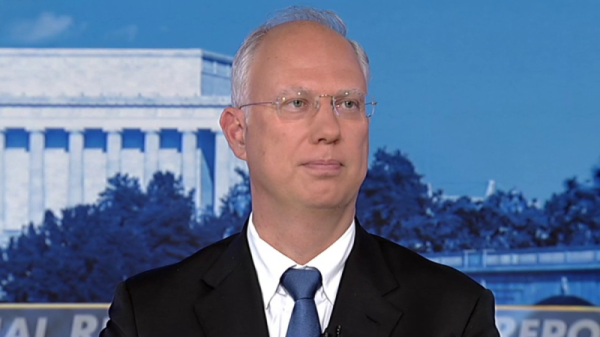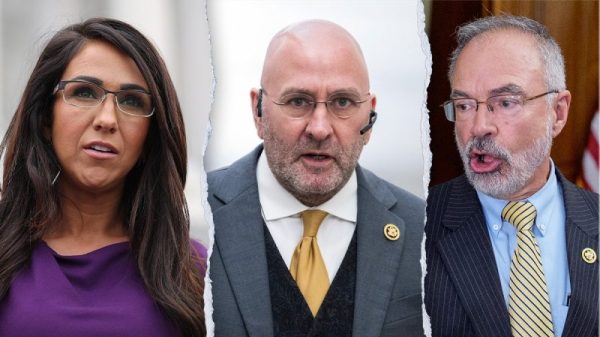
The UK labour market showed further signs of cooling in the three months to June, with wage growth slowing, vacancies falling and payroll numbers declining, according to the latest figures from the Office for National Statistics (ONS).
Average weekly earnings, including bonuses, rose 4.6% in Q2, down from 5% in the previous three-month period and slightly below economists’ forecasts. Private sector pay grew by 4.8% – the weakest rate since January 2022 – undershooting the Bank of England’s 5.2% forecast. Excluding bonuses, earnings rose 5%, unchanged from the previous quarter.
The slowdown comes as businesses face higher costs from the April increase in the National Living Wage and the rise in Employer National Insurance Contributions. Retail, leisure and hospitality firms have been among the most vocal about the impact on hiring.
The ONS reported that payroll employment fell by 8,000 in July, a smaller drop than the 18,000 expected, while June’s fall was revised from 41,000 to 26,000. The unemployment rate remained at 4.7%, its highest in four years, with the Bank forecasting a peak of 4.9% over the next 12 months.
Vacancies declined by 44,000 to 718,000 – the 37th consecutive monthly fall – with the ONS noting that “some firms may not be recruiting new workers or replacing workers who have left.”
Liz McKeown, ONS director of economic statistics, said the data “points to a continued cooling of the labour market,” with payroll declines “concentrated in hospitality and retail” and vacancies falling most sharply in those industries.
Isaac Stell, investment manager at Wealth Club, said the figures highlight “growing signs of economic strain and an absence of momentum,” adding that slowing wage growth signals “weakening employer confidence and reduced capacity to offer competitive compensation,” which could hit household spending power.
Alex Hall-Chen, principal policy advisor for employment at the Institute of Directors, warned that “policies which are increasing the cost and risk of employing staff” are undermining demand for labour. He cited the rise in employer NI, employment law reforms and above-inflation minimum wage increases as having “substantially weakened the business case for hiring.”
Hall-Chen urged ministers to “restore business confidence in hiring” by addressing employment costs and supporting amendments to the Employment Rights Bill, including reducing the proposed unfair dismissal qualifying period from day one to six months and reinstating the 50% voting threshold for industrial action.
The Monetary Policy Committee last week voted narrowly to cut interest rates to 4%, warning that inflation – currently above target at 2% – is set to rise to 4% later this year, driven by food and energy prices.
Read more:
UK jobs market cools as wage growth slows and vacancies fall amid higher business taxes




























